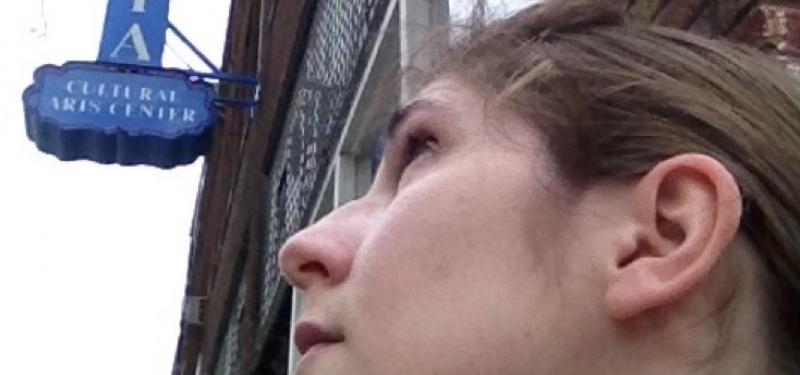Meredith McCool

2015 Second Year Graduate Student, Ed.D in Curriculum & Instruction, Appalachian Prosperity Project
Over the course of my internship with the Appalachian Prosperity Project, we conducted 19 oral history interviews with 22 past and present residents of the southwest Virginia town of Appalachia. This internship provided me opportunities to hone my qualitative interviewing skills and gain a better understanding of the role that change plays in a small, rural town. As a doctoral student with a research interest in place-based service learning, this internship allowed me an authentic view of the needs of a town with a determination “to turn the corner to better days” and the connections and rapport necessary to support its efforts toward positive change through future education-focused work. At our culminating presentation at Coal/Railroad Days, we shared our summer-long project with the people of Appalachia and collected visions of things to come. Of all the lessons learned this summer, the most important is that partnerships matter and that by working together toward a common goal, we can accomplish far more than I ever could on my own.
For more information on what IPH interns do during their summer internships, check out the summer interns' Tumblrs from Summer 2017, Summer 2016, and Summer 2015.